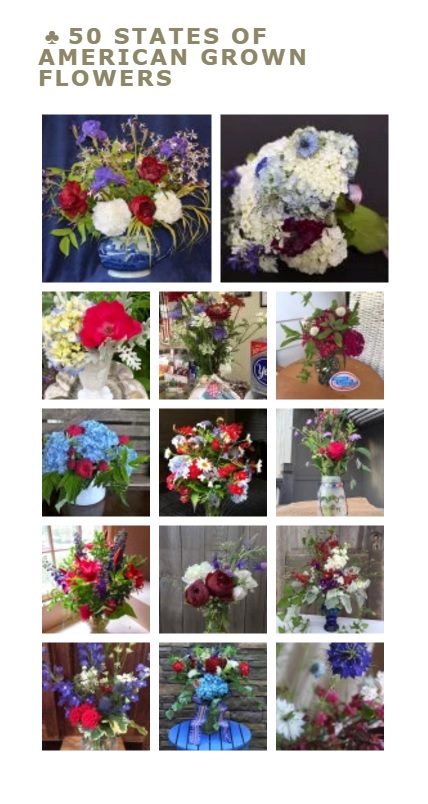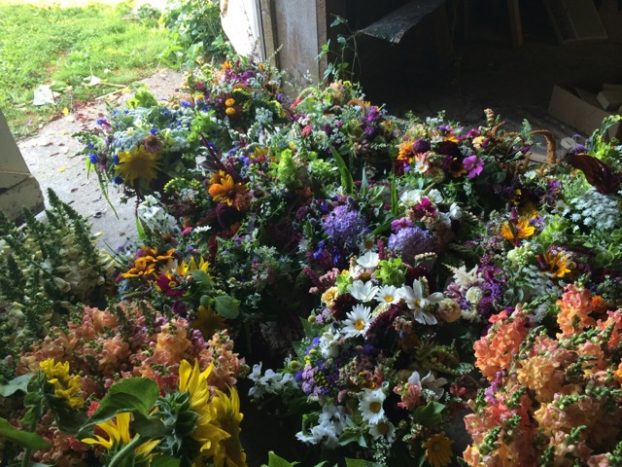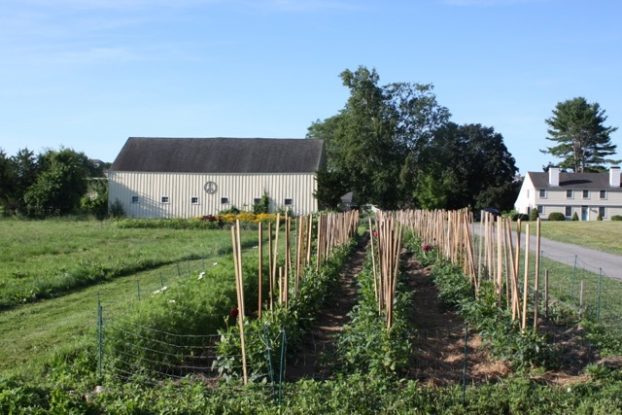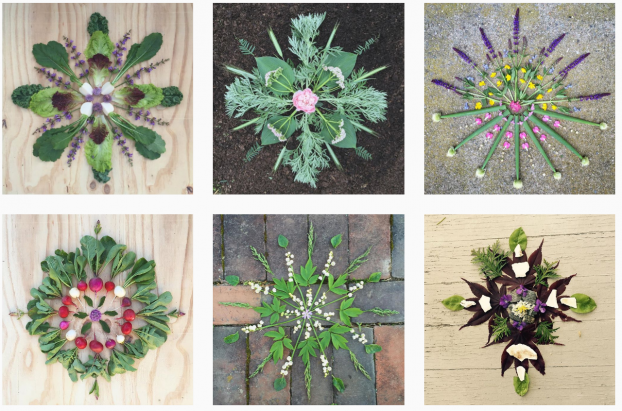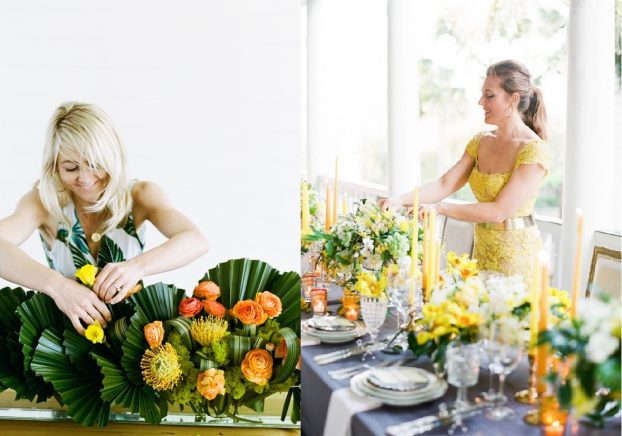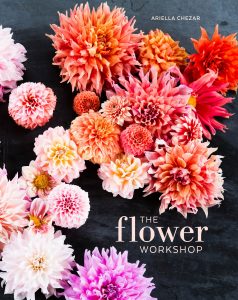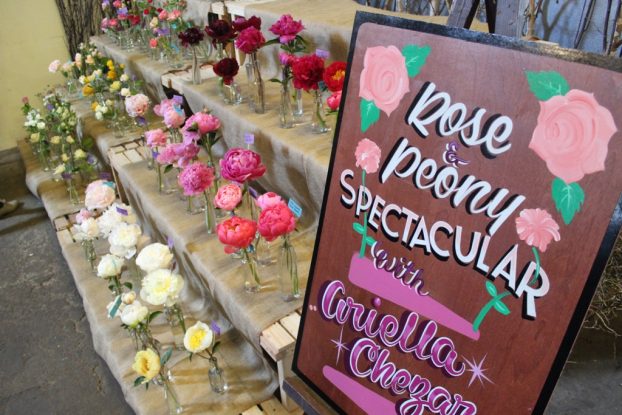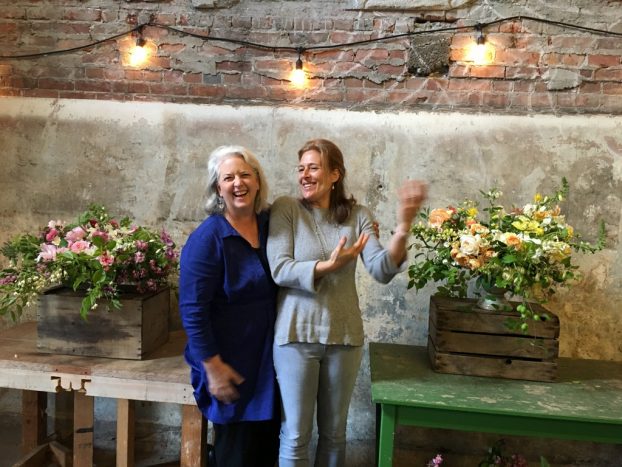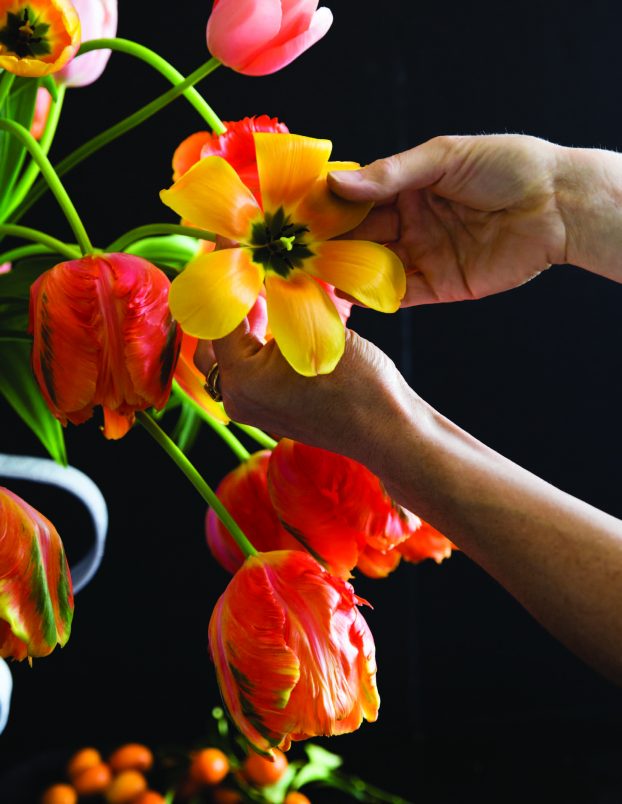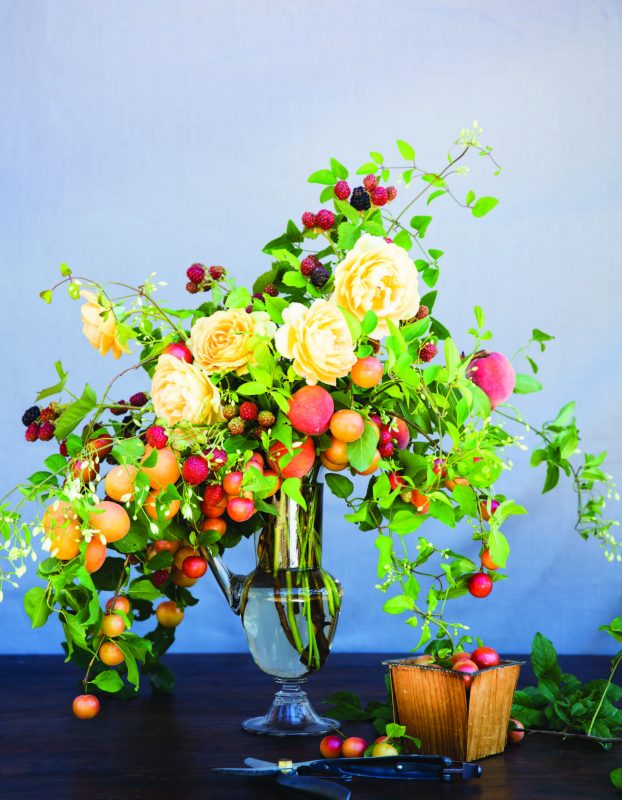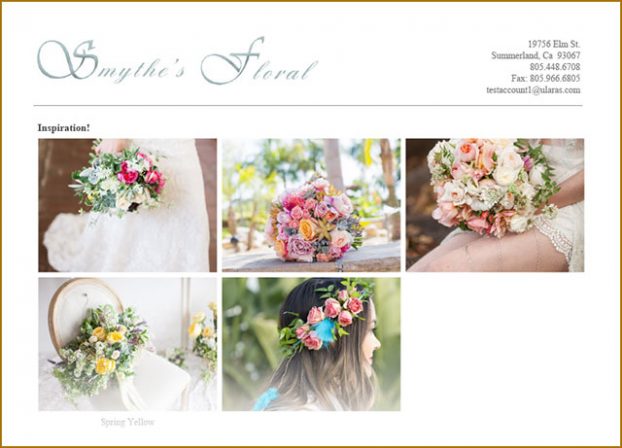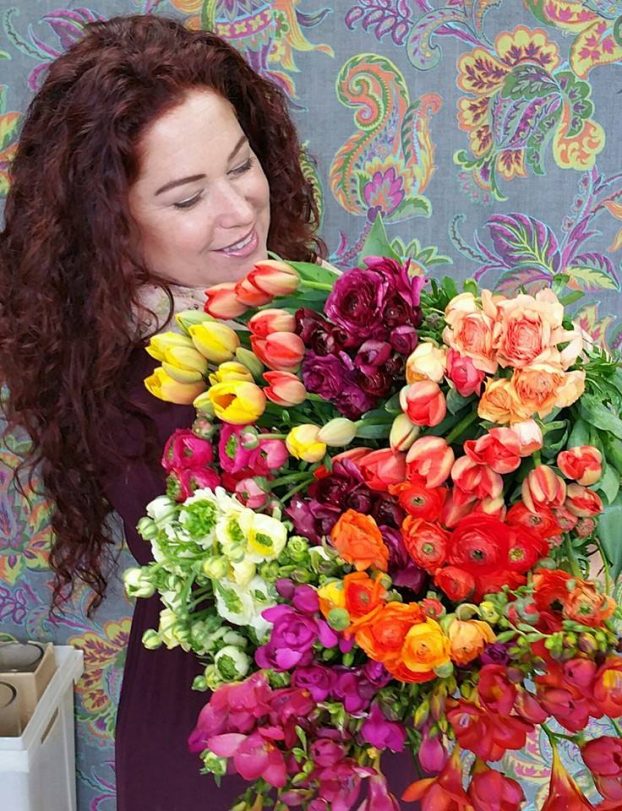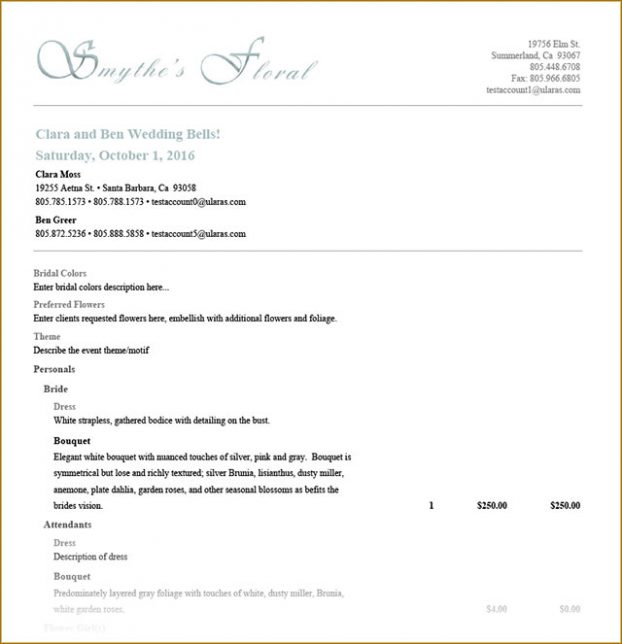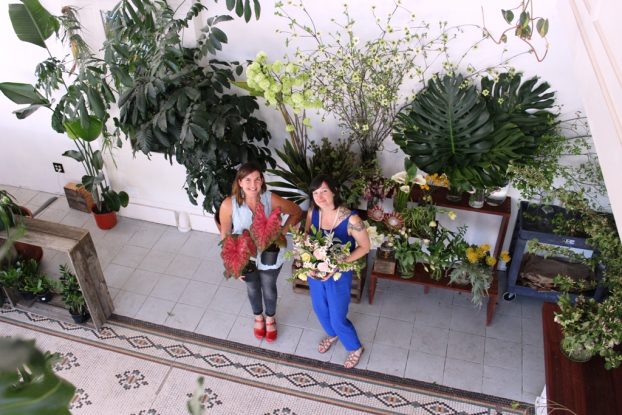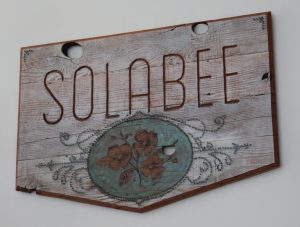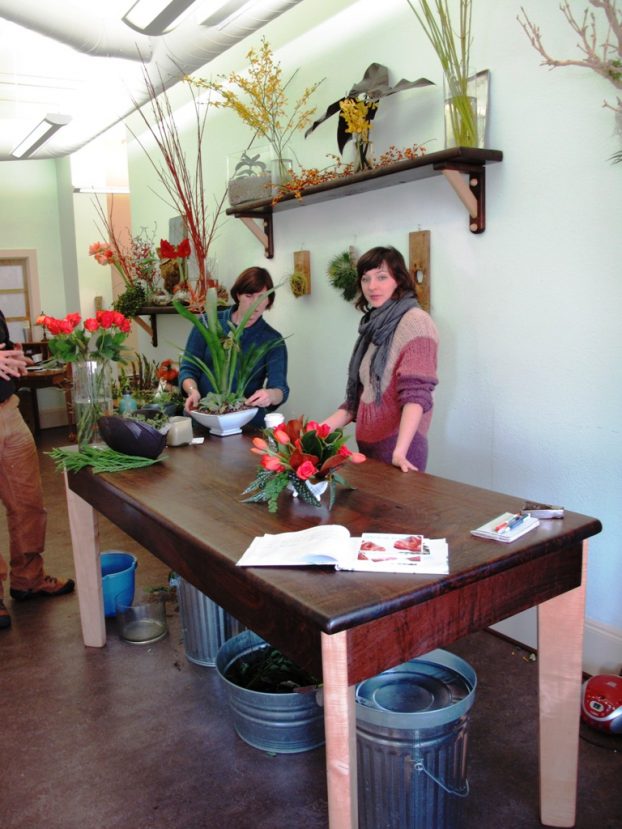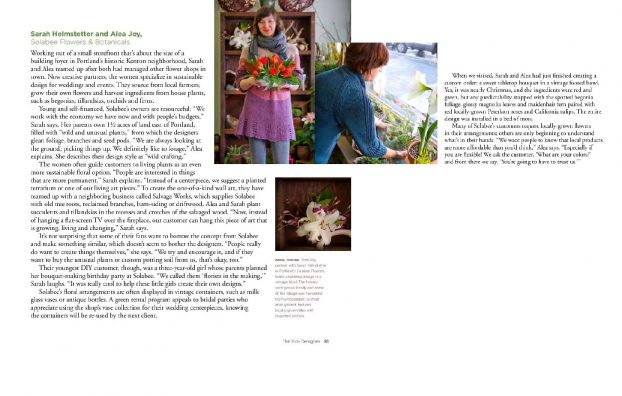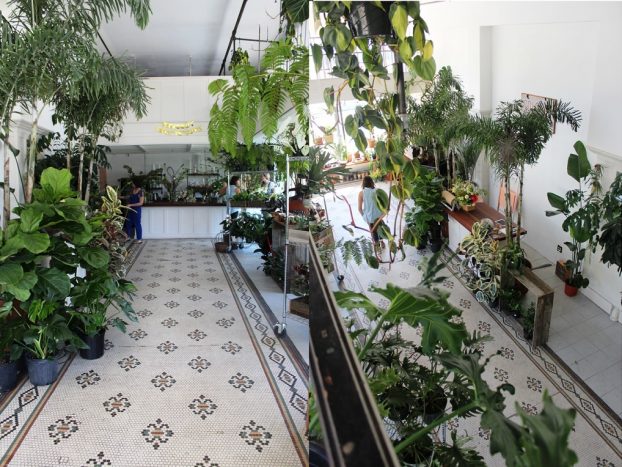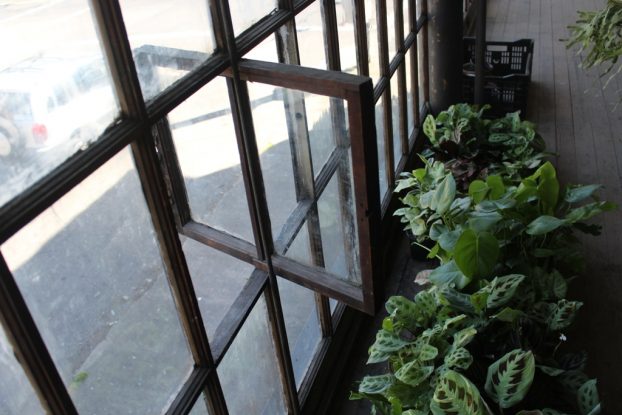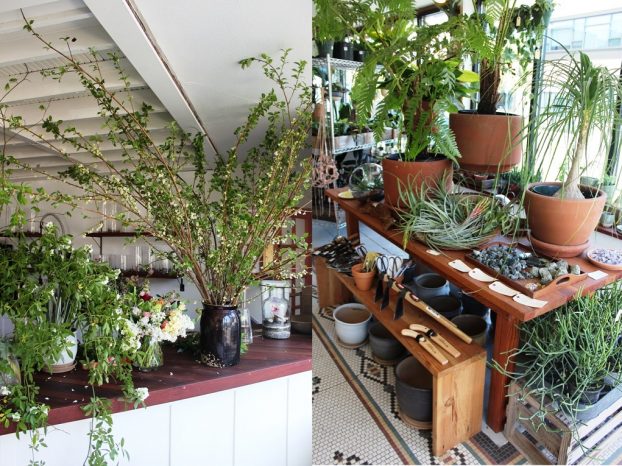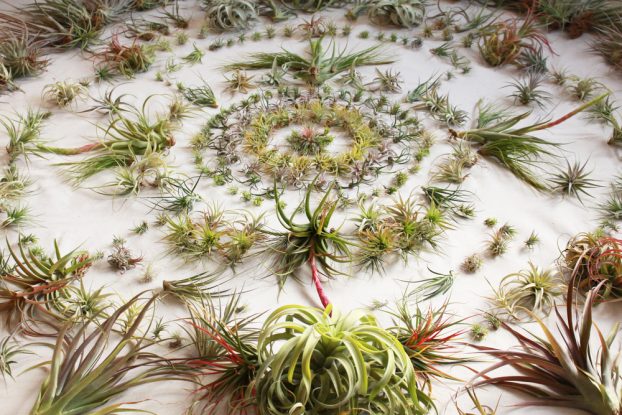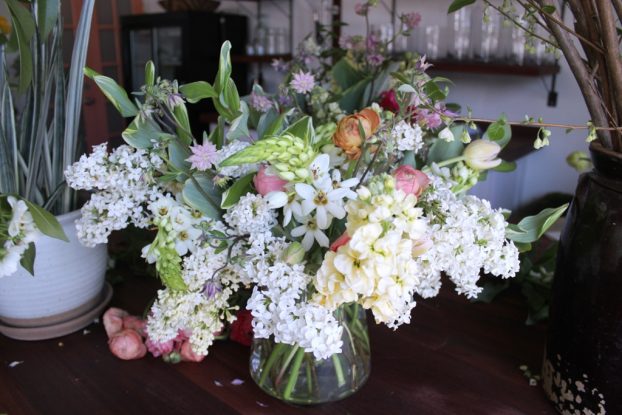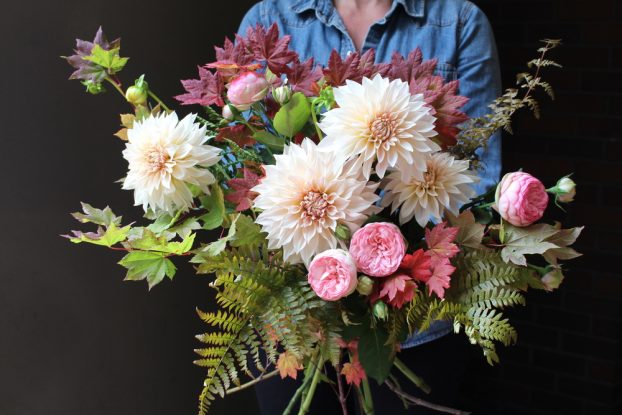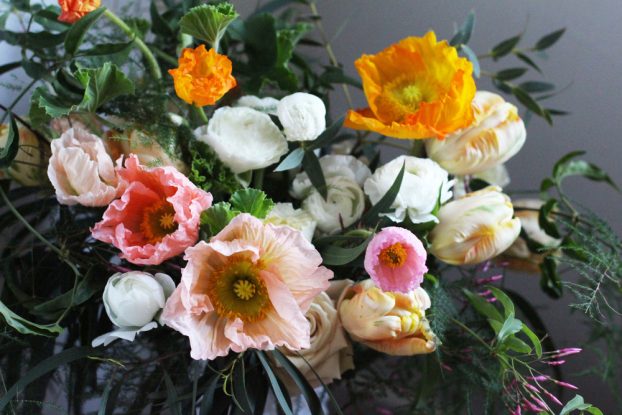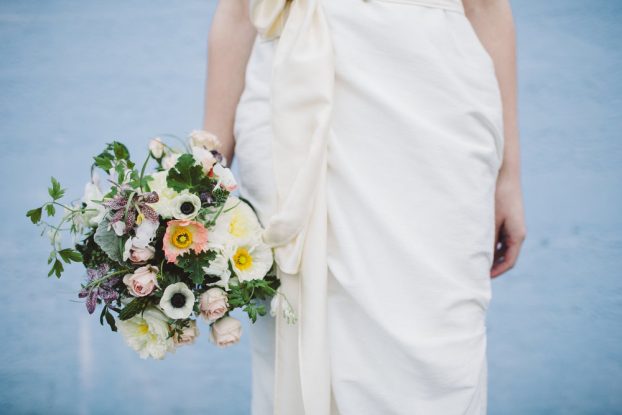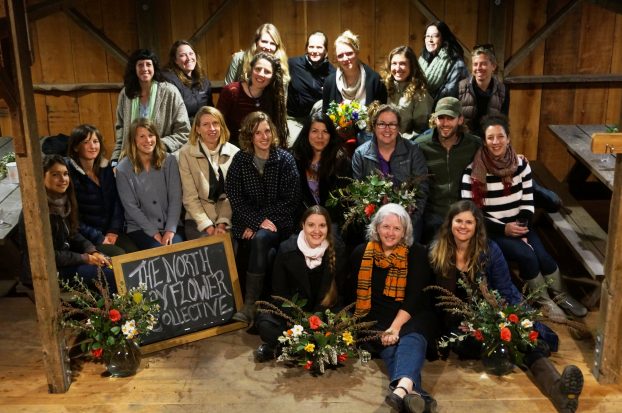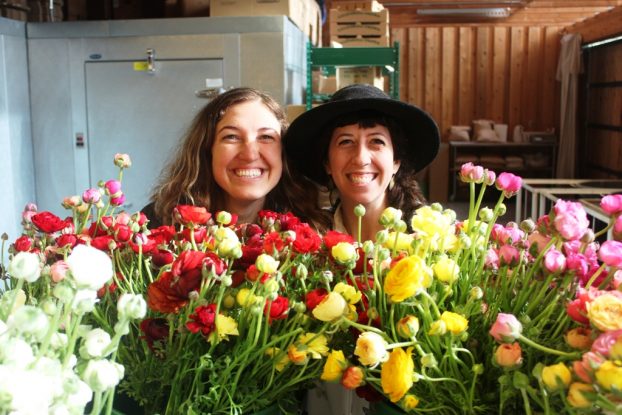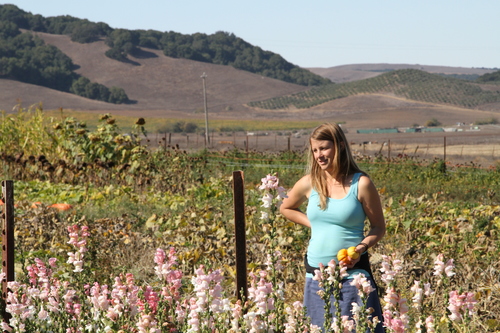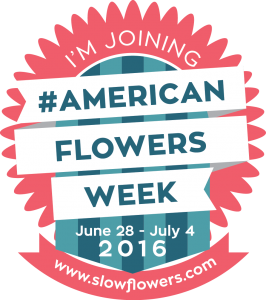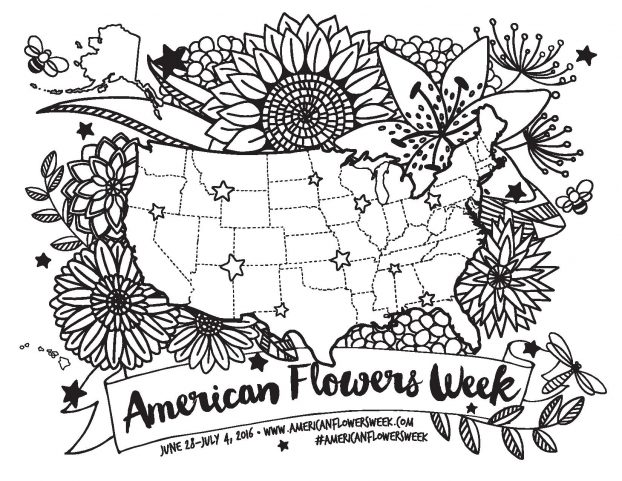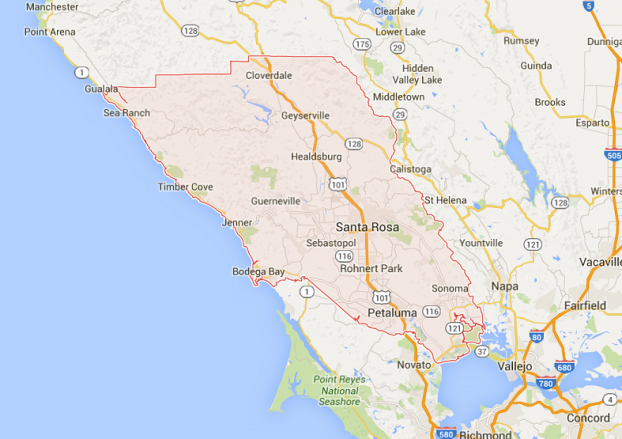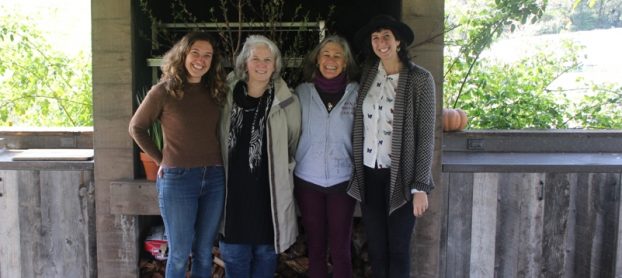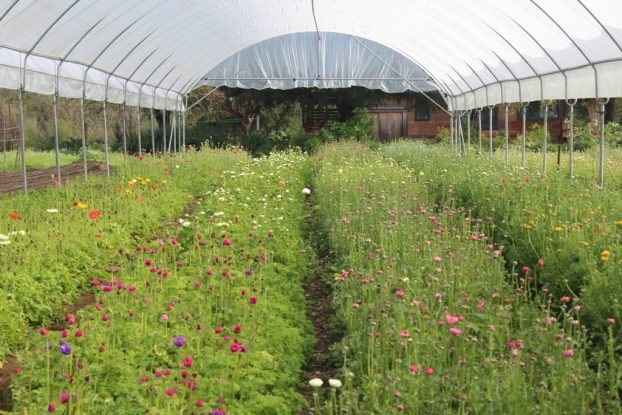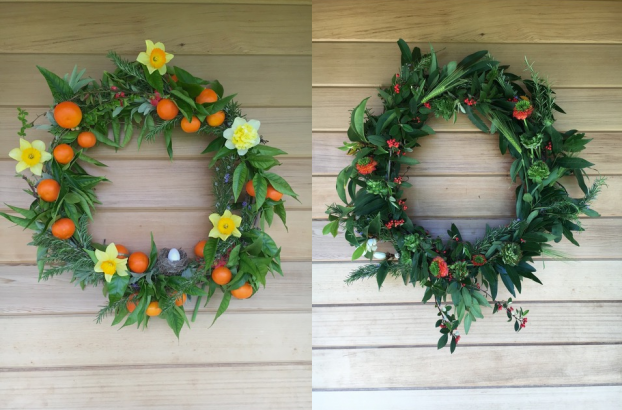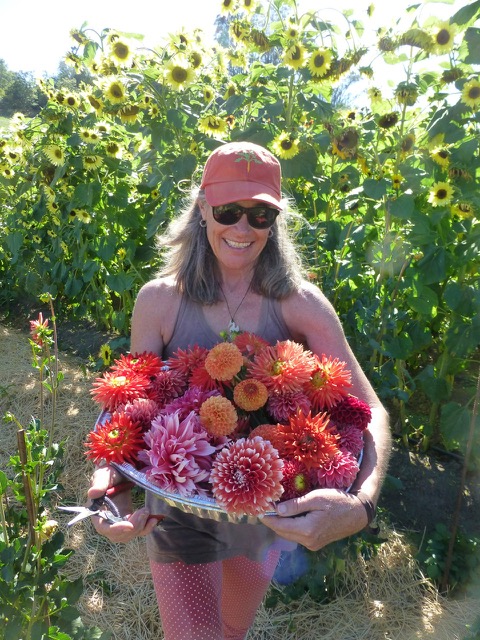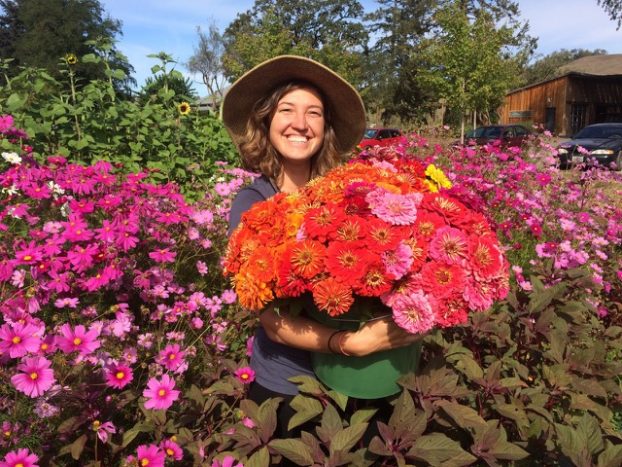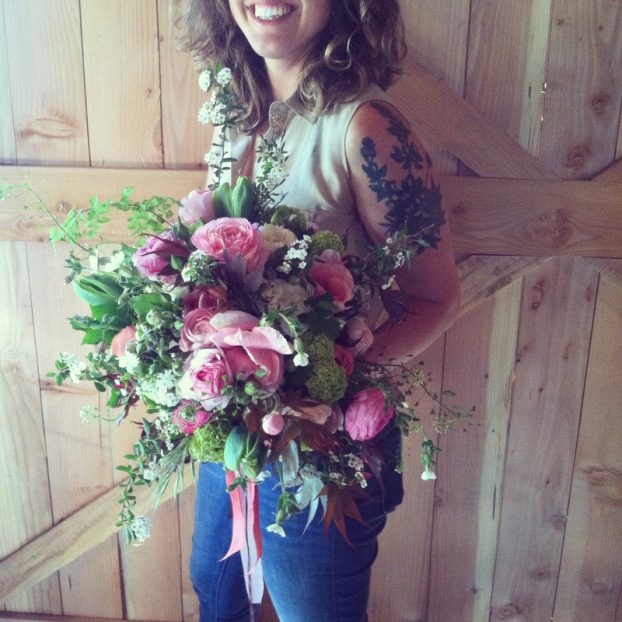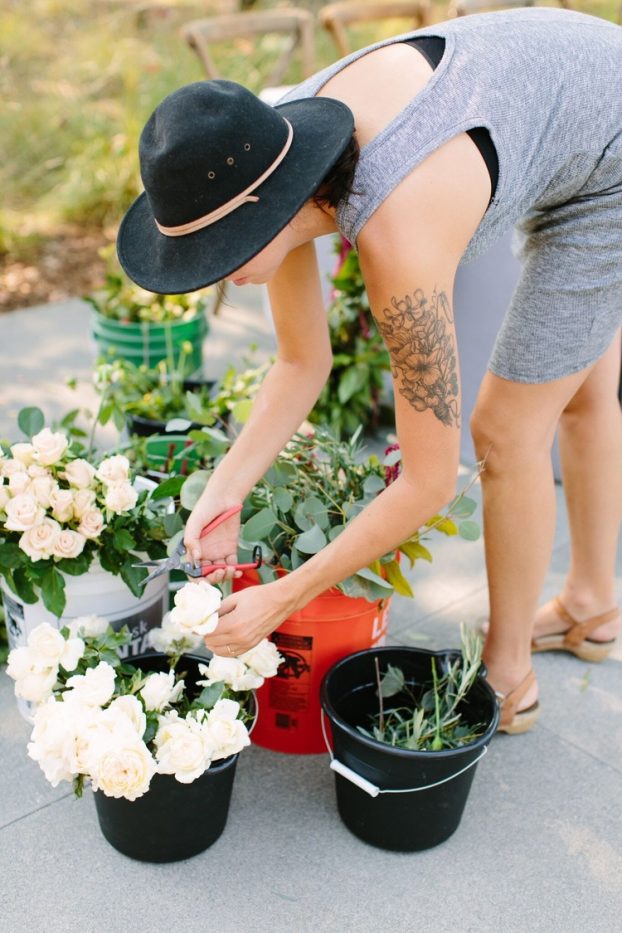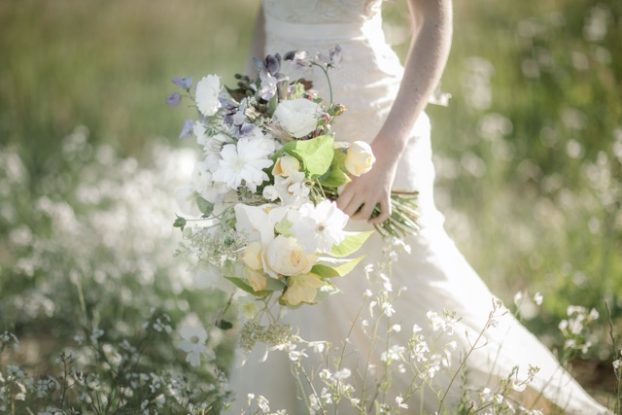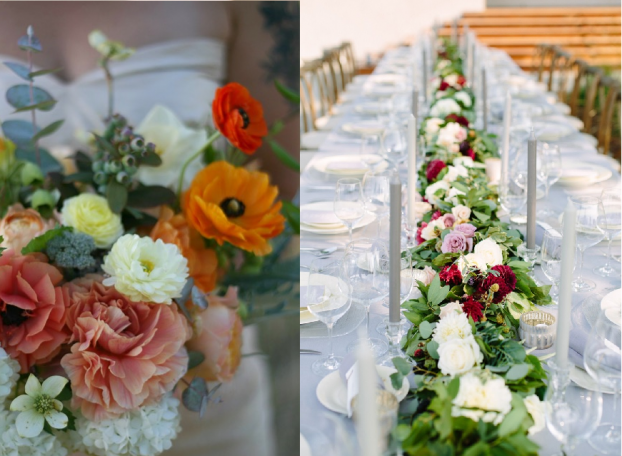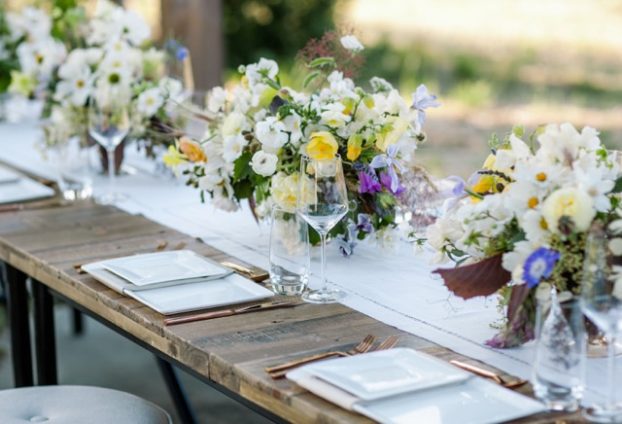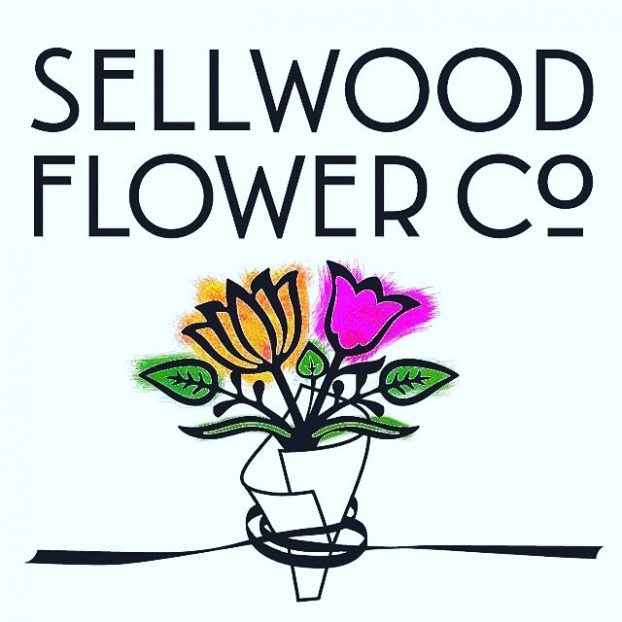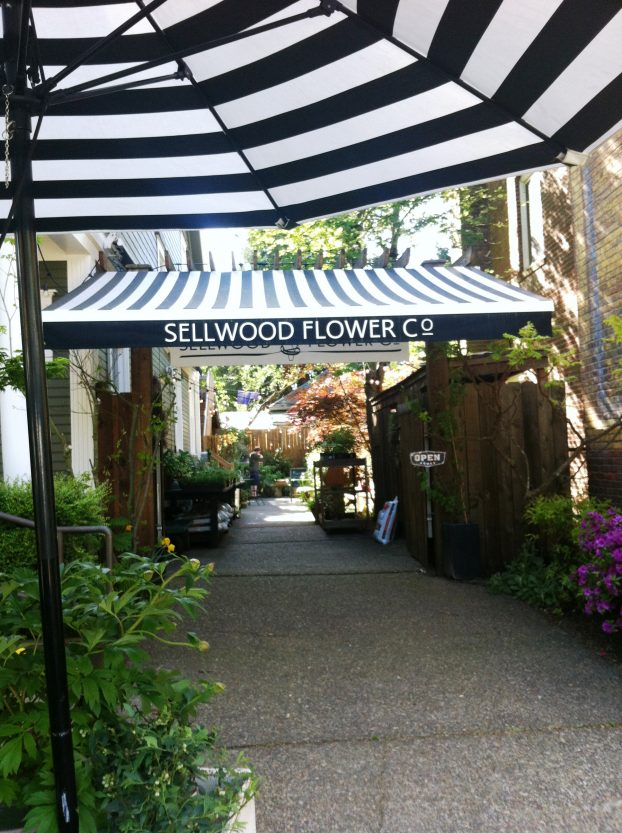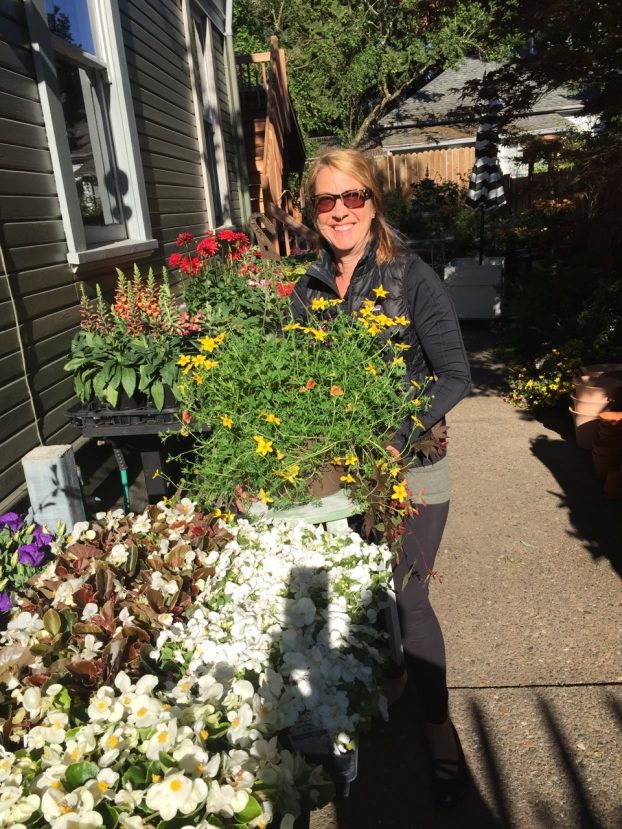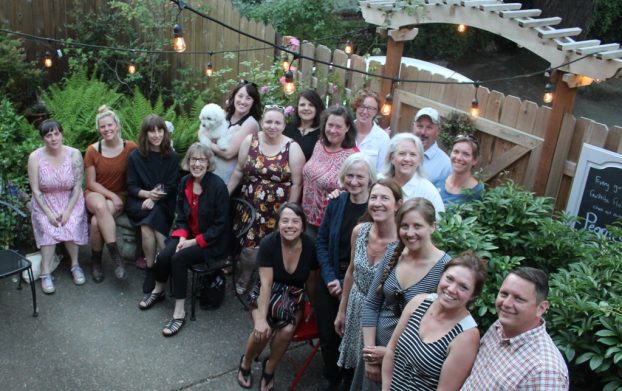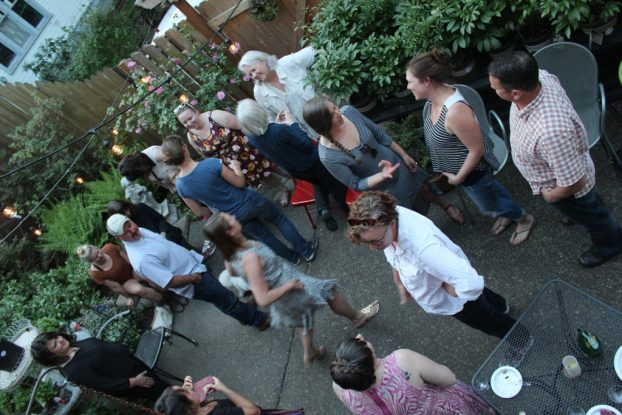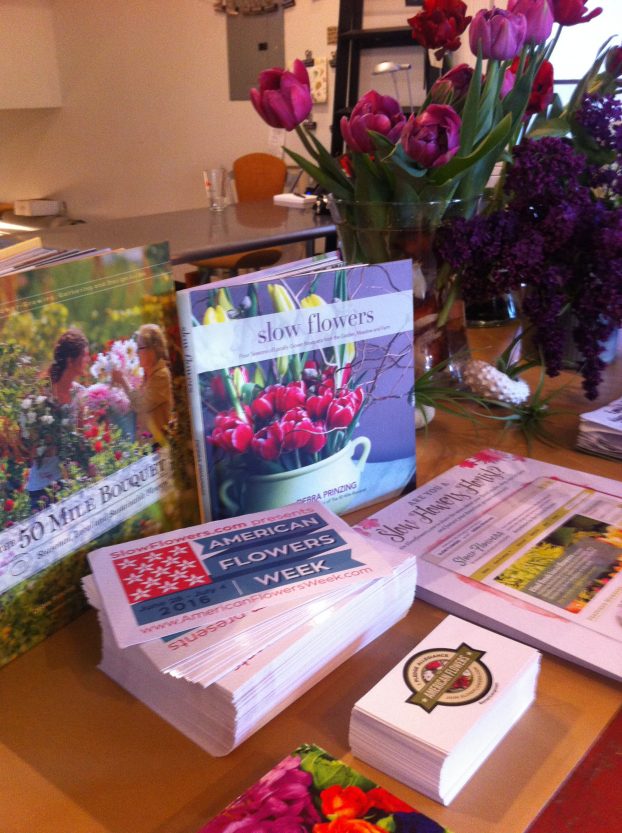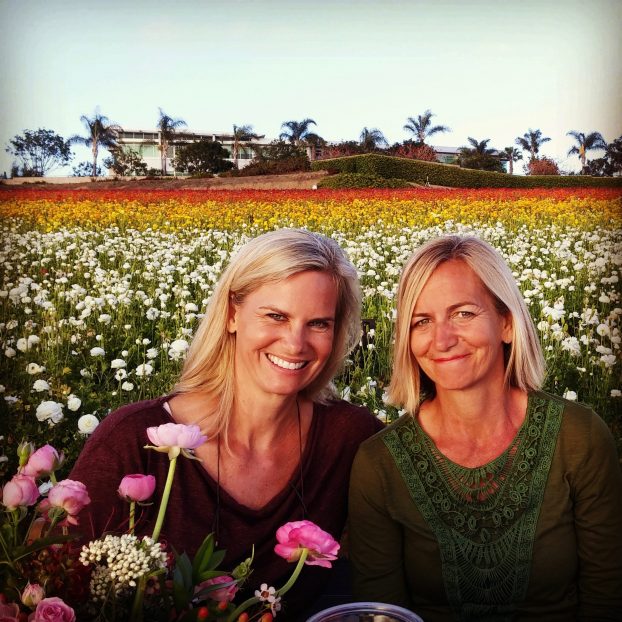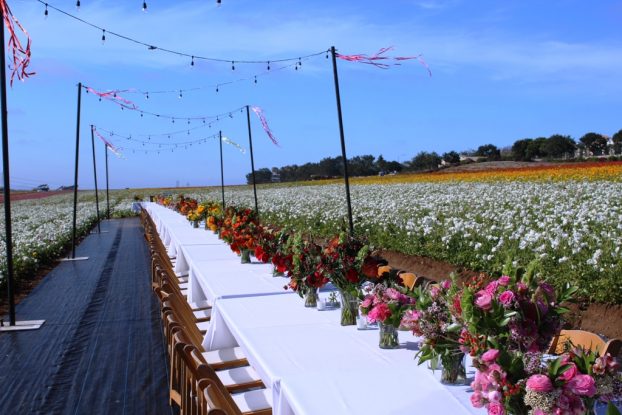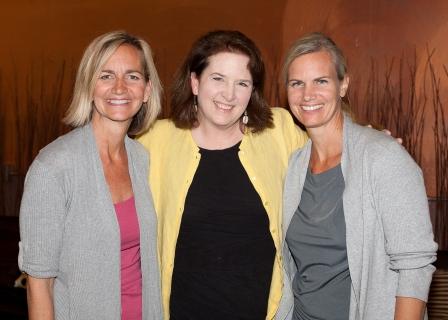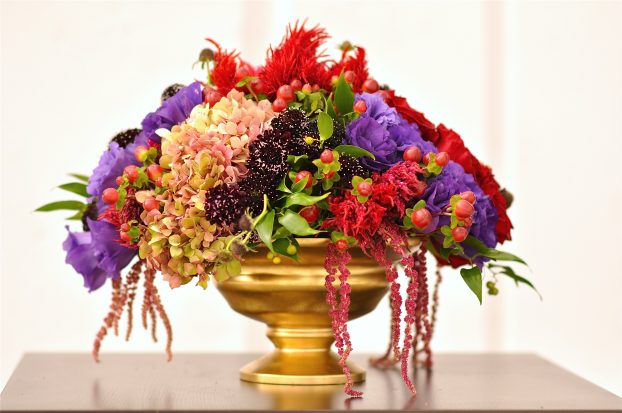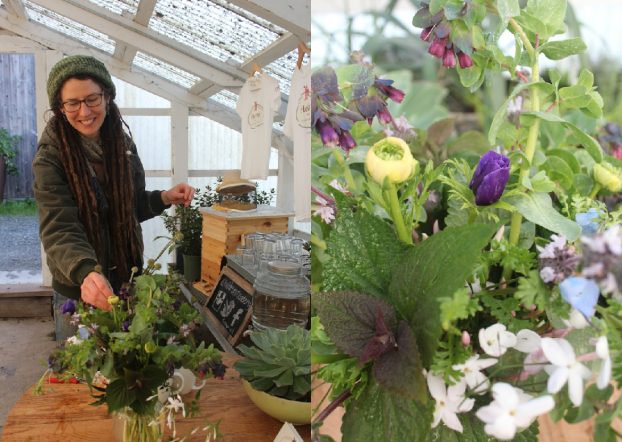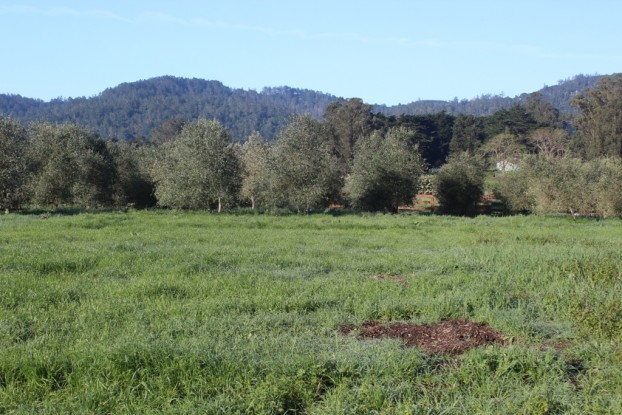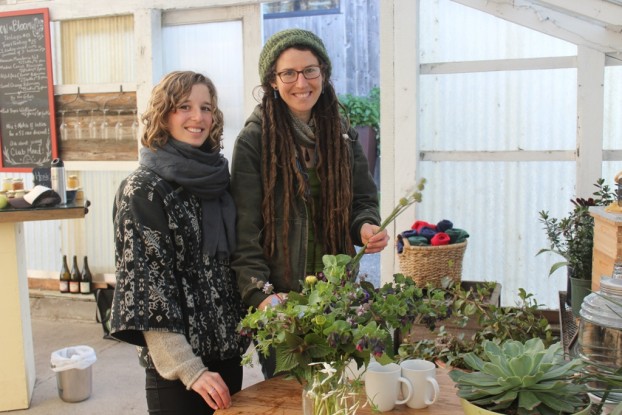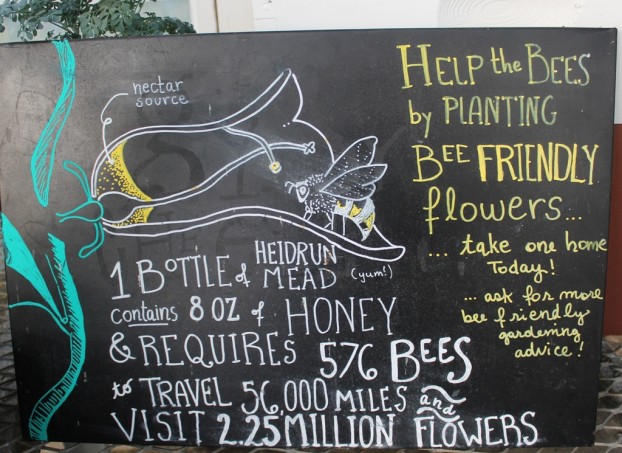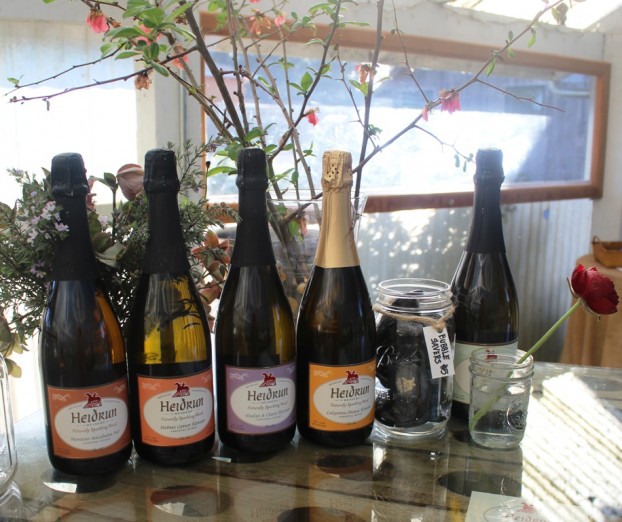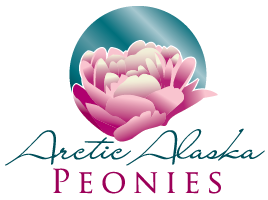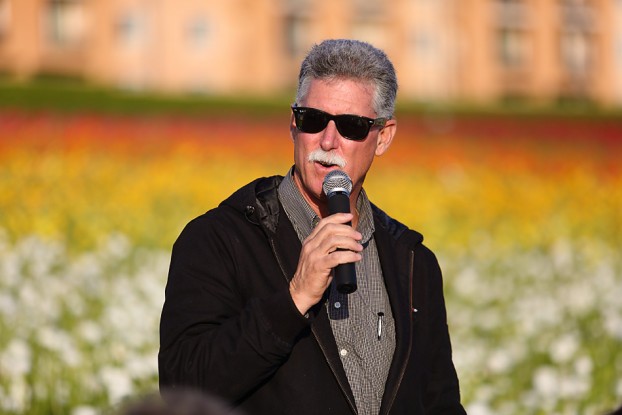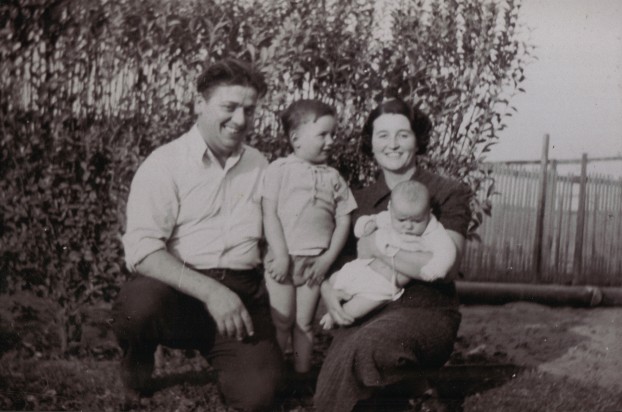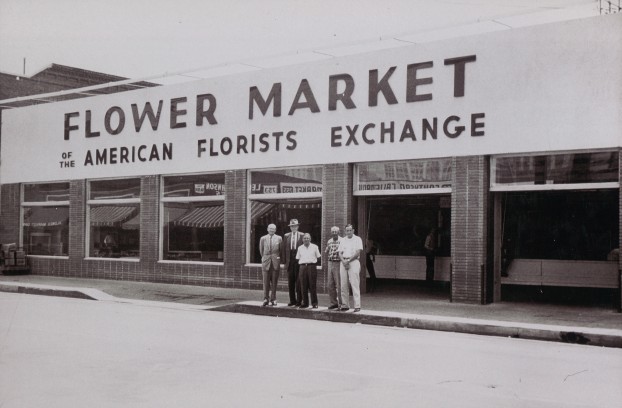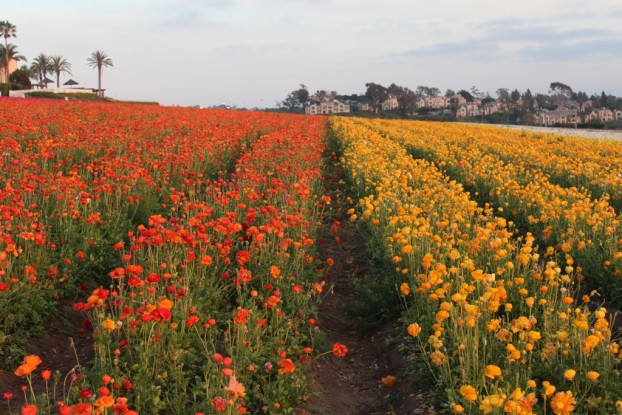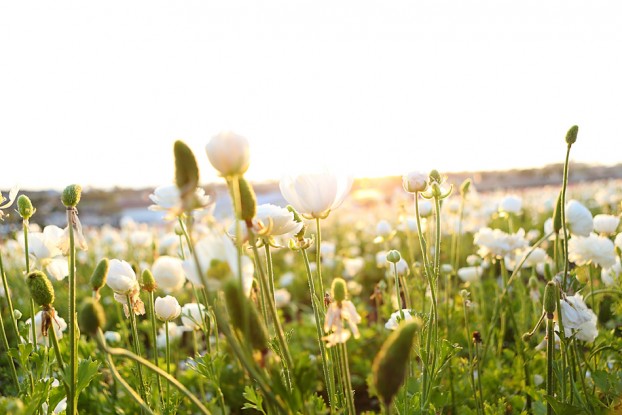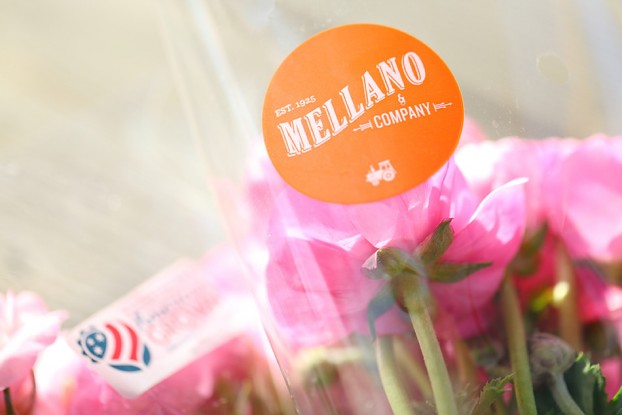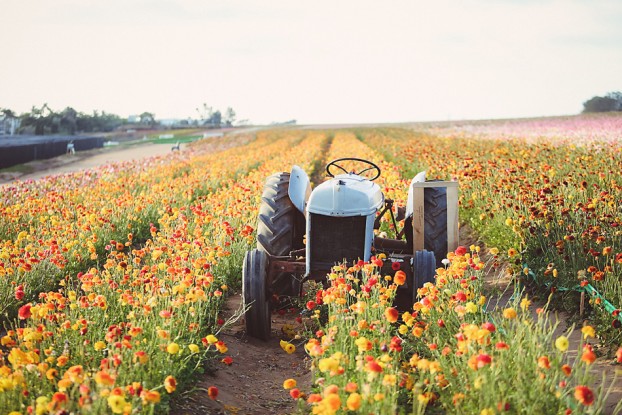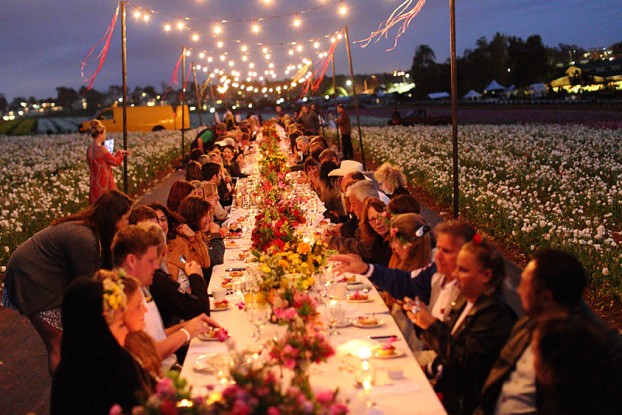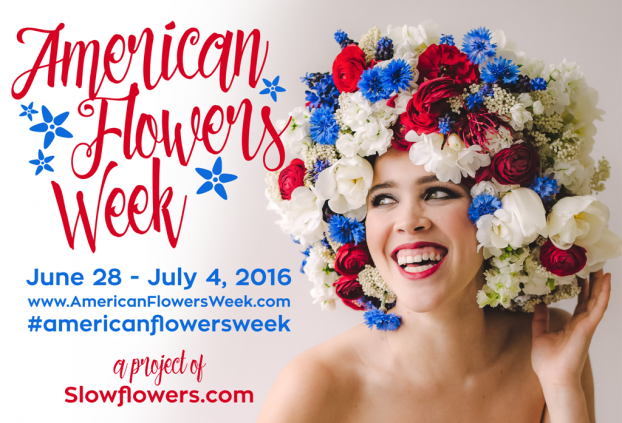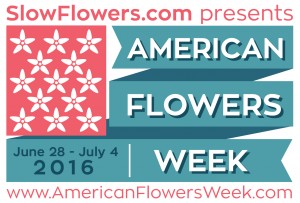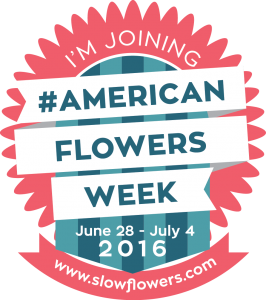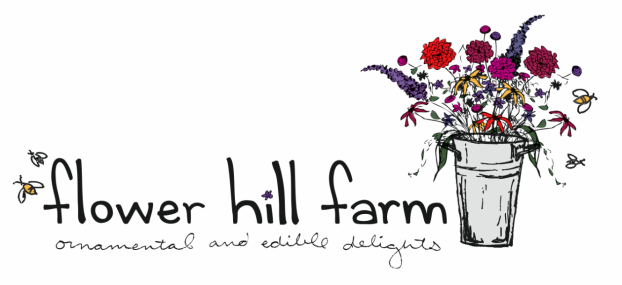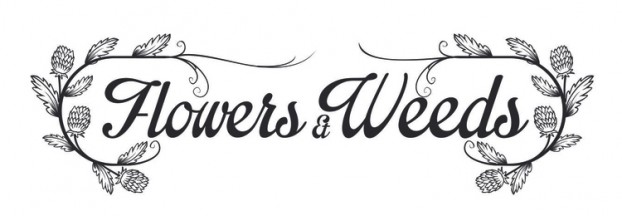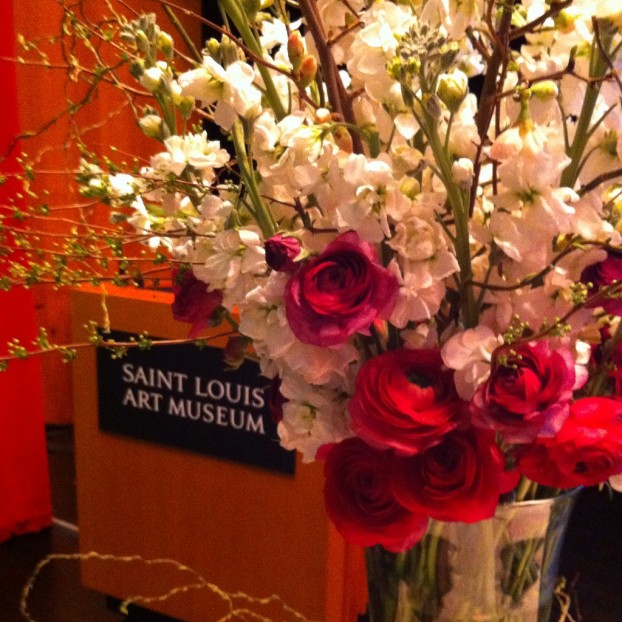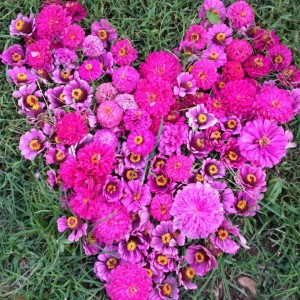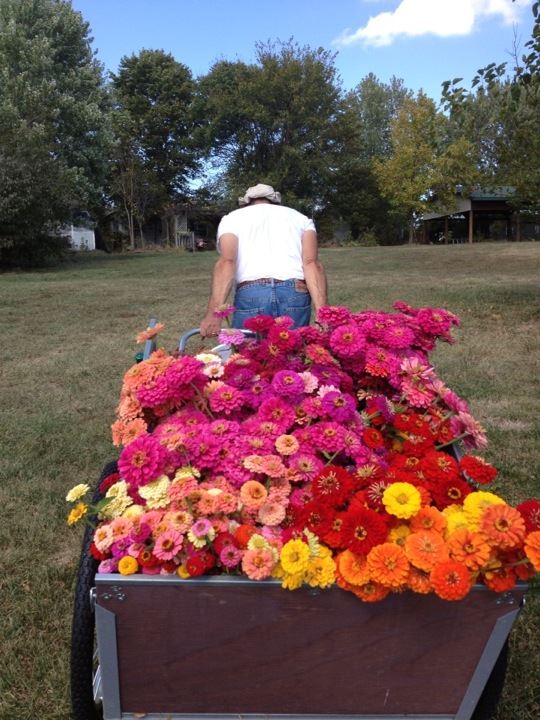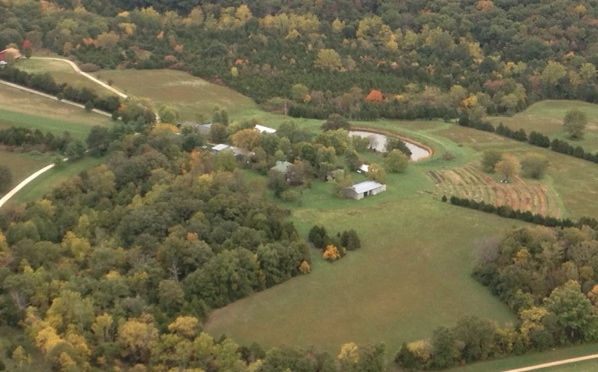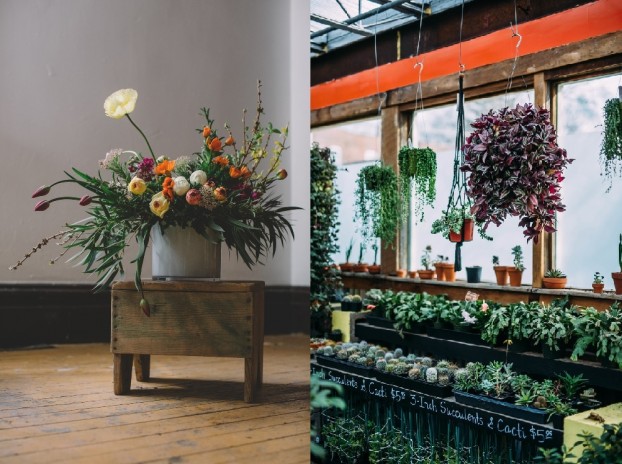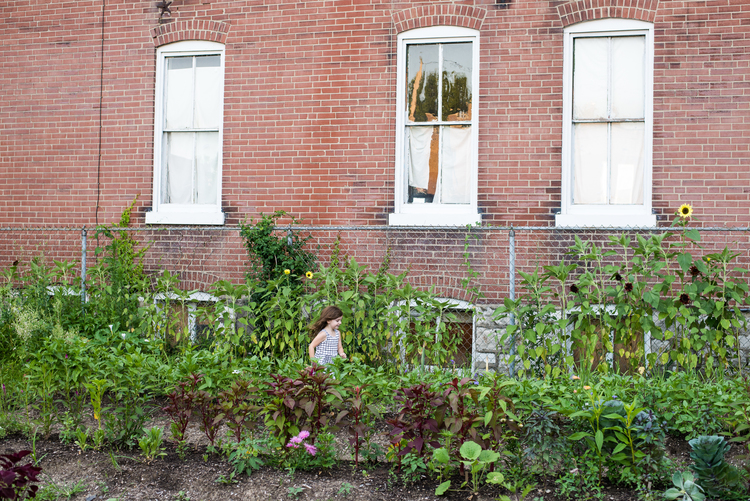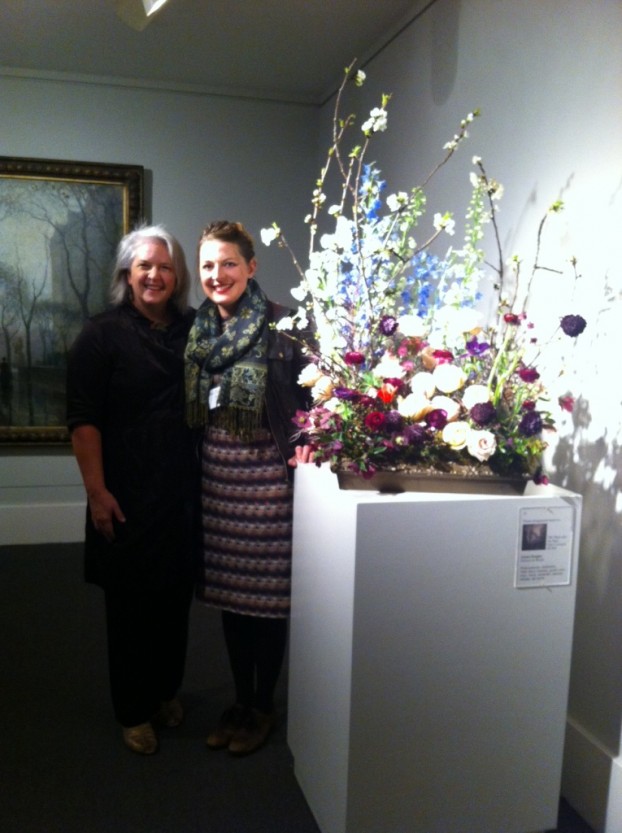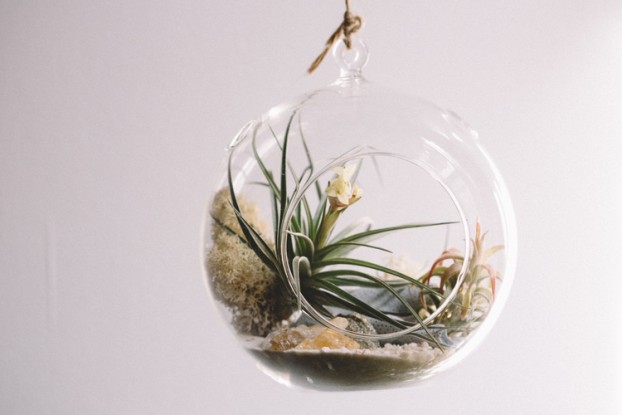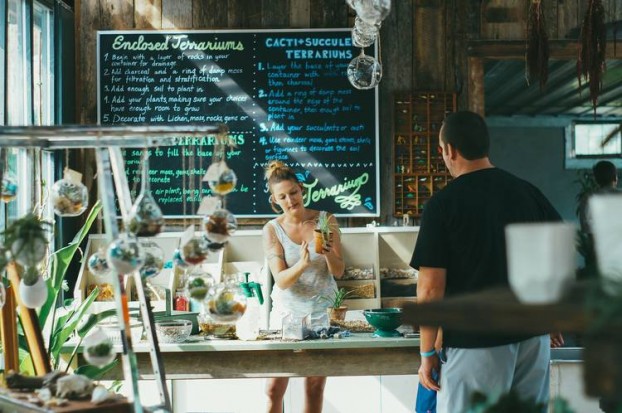Podcast: Play in new window | Download
Subscribe: Apple Podcasts | Podcast Index | RSS | More
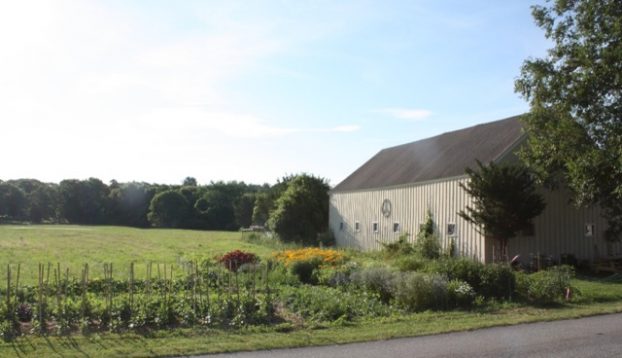
An historic, 400-year-old American farm with roots dating to the Revolutionary War is home to farmer-florist Melissa Glorieux’s Aster B. Flowers.
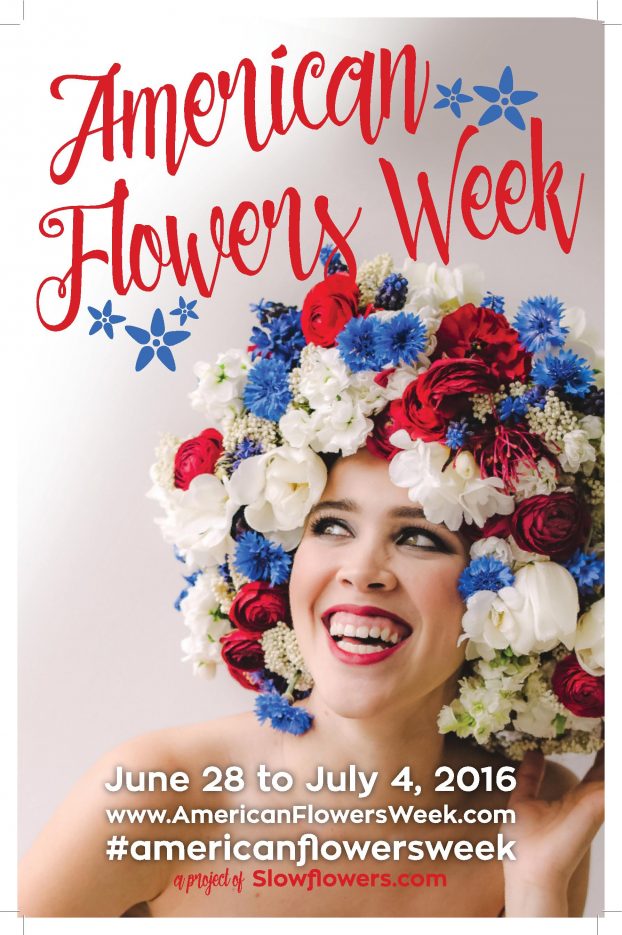 This week kicks off American Flowers Week, which began yesterday on June 28th and continues through next Monday, July 4th, Independence Day!
This week kicks off American Flowers Week, which began yesterday on June 28th and continues through next Monday, July 4th, Independence Day!
This is our second year celebrating American grown flowers in all shapes, sizes, forms, fragrances, locations and home states.
Before I introduce you to today’s guest, a thoroughly American flower farmer and florist, I want to share a few updates about what’s going on this week:
We’ve had participation at all levels of the floral continuum, warming the hearts and sparking the imagination of flower lovers everywhere.
Beginning with flower farms large and small across the U.S. and continuing through conventional wholesaler and on to consumer-facing flower shops, online florists, grocery stores, and farm-direct channels, the message being communicated is that these flowers have a domestic origin, grown by real people on real U.S. flower farms. Can we have some fireworks, please?!
As of last week, the social media hits were adding up quickly, thanks to your participation. According to Keyhole.co, which tracks Instagram and Twitter hashtag use, the American Flowers Week message has generated nearly one-half million impressions since we announced the 2016 celebration on May 1st (note, this is an updated figure from June 28th, four days after I recorded this podcast intro).
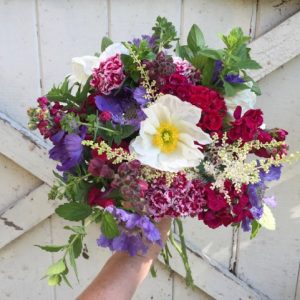
A fresh-picked, red, white and blue bouquet from Aster B. Flowers — perfect for American Flowers Week.
Your use of the hashtag term is making an impact, so keep on using #americanflowersweek along with #slowflowers and your personal branding terms. We’ll keep on re-tweeting and re-posting for exponential results!
American Flowers Week has attracted major media attention, including a feature called “Get to know your growers,” by Janet Eastman of The Oregonian.
As I mentioned on the Slow Flowers Community on Facebook earlier this week, when the venerable FTD writes a blog post about American Flowers Week, well, it means we’ve got the attention of mainstream floriculture. And that’s a good thing, folks!
Keep sending us your submissions for 50 States of American Grown Flowers — wouldn’t it be great if all 50 states were represented in the gallery at americanflowersweek.com?
Everyone who participates and submits an arrangement is eligible for the prize drawings that include lots of great swag and shopping sprees from our sponsors. A recent addition from Beth Van Sandt of Scenic Place Peonies in Homer, Alaska: a beautiful box of 20 stems of premium peonies, which she has donated to our prize pool!
Meet Melissa Glorieux of Aster B. Flowers
It is entirely fitting to devote today’s conversation to a farmer-florist whose land in Essex, Massachusetts (according to local lore) is said to have been used by George Washington and his troops as a camp site during the Revolutionary War.
Imagine the history that this soil contains! Aster B. Flower’s owner, Melissa Glorieux, a native of Massachusetts, blends flower farming, floral design and artistry at an historic homestead about 30 miles north of Boston, where she and her husband and 2 children settled after previously living the SF Bay Area.
Melissa was first inspired by the abundant availability of seasonal and local flowers in that benign California climate . . . and she wanted to bring that practice to New England when she started Aster B. Flowers.
Melissa has developed the seven acre New England farm around the values of growing local and sustainable flowers. Aster B. strives to be sustainable both in the field and out.
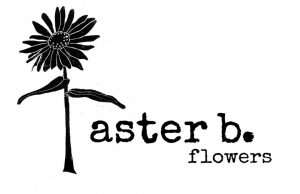 The farm reuses and recycles whenever possible, such as repurposing trellising, fabric mulch and drip tape from one season to the next.
The farm reuses and recycles whenever possible, such as repurposing trellising, fabric mulch and drip tape from one season to the next.
Organic growing practices, composting and water conservation are part of the daily life on this farm. Minimal packaging means that flowers are rubber-band tied and, if a client requests it, wrapped in wax paper.
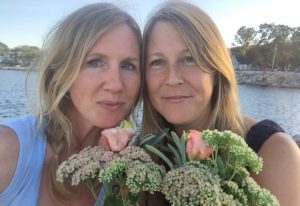
Melissa (left) with design partner and fellow Essex Flower Co-op member Rebekah Mindel of Meadow Wilds.
As Melissa and I discuss in the interview, for 2016, Meadow Wilds, Roving Radish, 1956 Blooms (transitioning to True Vine Studio) and Jemma Tory Floral Design have joined Aster B. on the farm to create the Essex Flower Co-op, a flower grower/floral designer cooperative.
Members of the co-op grow and design side-by-side, sharing expertise and supporting one another in their flower-centric endeavors. This is an exciting new model that I’m eager to share with you, yet another innovative way to keep things local and stimulate small-farm economies.
When her customers purchase Aster B. Flowers, Melissa wants them to know they are supporting a local micro-business that provides jobs, treats the Earth kindly and makes the world a little more beautiful.
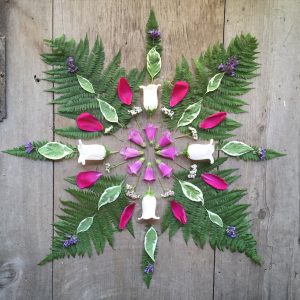 Melissa’s new project is called The Ritual Mandala, a lovely endeavor that combines her life as a flower farmer with her life as an artist.
Melissa’s new project is called The Ritual Mandala, a lovely endeavor that combines her life as a flower farmer with her life as an artist.
I know you’ll be inspired to try making your own farm-nature-garden-themed mandalas after seeing images of her beautiful work.
Here’s where to find and follow Melissa:
Last week we promised a drawing for a free signed copy of The Flower Workshop, our guest Ariella Chezar’s new book. We drew the winner’s name from those of you who took the time to post a comment on the show notes page of Debraprinzing.com. And that person is: Megan Illingworth. Congratulations and thank you for listening and commenting!
There is still plenty of time to add your voice to the AmericanFlowersWeek excitement, so post your red-white-and-blue blooms and tag #americanflowersweek. Everyone’s contribution counts and together, we are changing the conversation about flowers!
The Slow Flowers Podcast has been downloaded more than 104,000 times by listeners like you. THANK YOU to each one of you for downloading, listening, commenting and sharing. It means so much.
Next week, you’re invited to join me in putting more American grown flowers on the table, one vase at a time. And If you like what you hear, please consider logging onto Itunes and posting a listener review.
The content and opinions expressed here are either mine alone or those of my guests alone, independent of any podcast sponsor or other person, company or organization.
The Slow Flowers Podcast is engineered and edited by Andrew and Hannah Brenlan. Learn more about their work at shellandtree.com.









